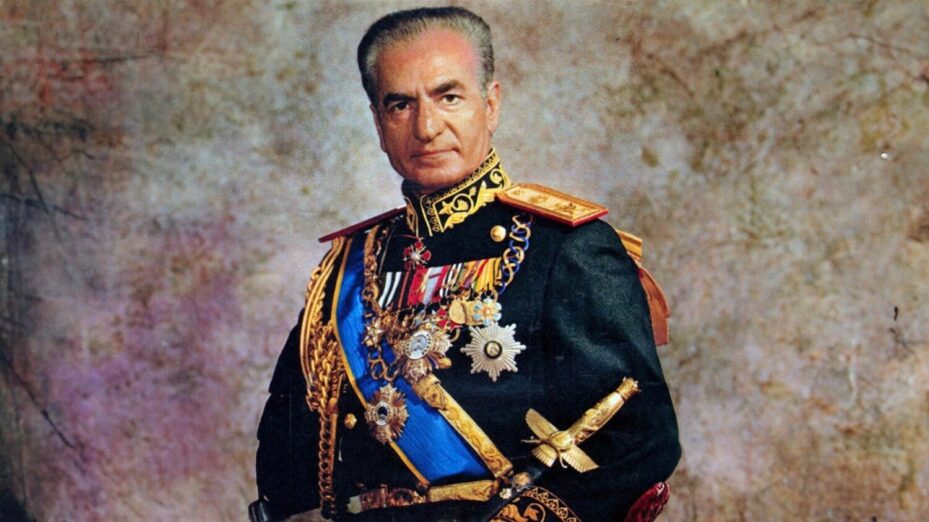Return of Iran's Shah: Between Democratic Aspirations and Historical Complexities
The legacy of Iran's monarchy and its potential future continue to spark intense debate within Iranian society and the international community. While Reza Pahlavi, son of the last Shah, advocates for democratic change, his role remains controversial against the backdrop of Iran's complex political landscape and historical foreign interventions.

Reza Pahlavi, son of Iran's last Shah, speaking at an international conference
The Enduring Legacy of Iran's Monarchy
Mohammad Reza Pahlavi, the last Shah of Iran, was deposed during the 1979 revolution, ending over two millennia of monarchical rule. His reign, beginning in 1941, saw significant modernisation through the 'White Revolution' - implementing agrarian reform, women's rights, and industrial development. However, his authoritarian governance and the SAVAK's repression led to mounting opposition, particularly from religious authorities.
Reza Pahlavi: A Modern Voice for Change
Today, his exiled son Reza Pahlavi represents a complex figure in Iran's political landscape. While advocating for regime change and suggesting the Islamic regime is 'on the brink of collapse', his position remains contentious. His perceived alignment with Western powers, particularly the United States and Israel, has sparked significant debate about Iran's democratic future amid ongoing regional tensions.
The Polarising Nature of Monarchical Return
Supporters view Reza Pahlavi as a potential catalyst for democratic reform and liberation from theocratic rule. Critics, however, argue that his presence serves the interests of the current regime, reinforcing their narrative about foreign interference. The prospect of monarchical restoration has become a deeply divisive issue in Iranian society.
Historical Context and Geopolitical Realities
The likelihood of a Shah's return - whether father or son - remains remote. The memory of foreign intervention, particularly the 1953 CIA and British-backed coup, continues to fuel skepticism towards any monarchical restoration attempts. Moreover, the current regime maintains substantial control through religious and security apparatus.
Iran's Path Forward
While the Islamic regime faces various internal and external pressures, a return to monarchy appears unlikely. However, some reform elements advocated by Reza Pahlavi might influence Iran's future trajectory, potentially contributing to a more democratic system without reverting to monarchical rule. The path forward likely involves balancing modernisation with Iran's complex political and cultural heritage.
Jack Thompson
Reporter based in Sydney, Jack covers climate issues, migration policies, and Australia's Indo-Pacific strategy.
